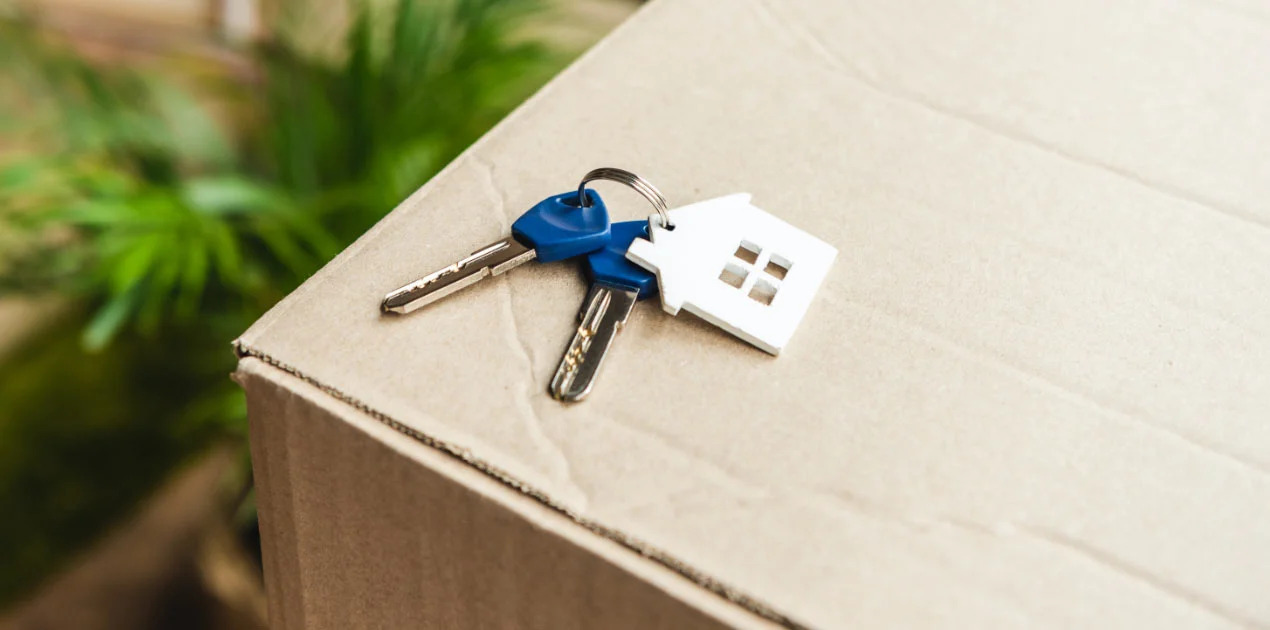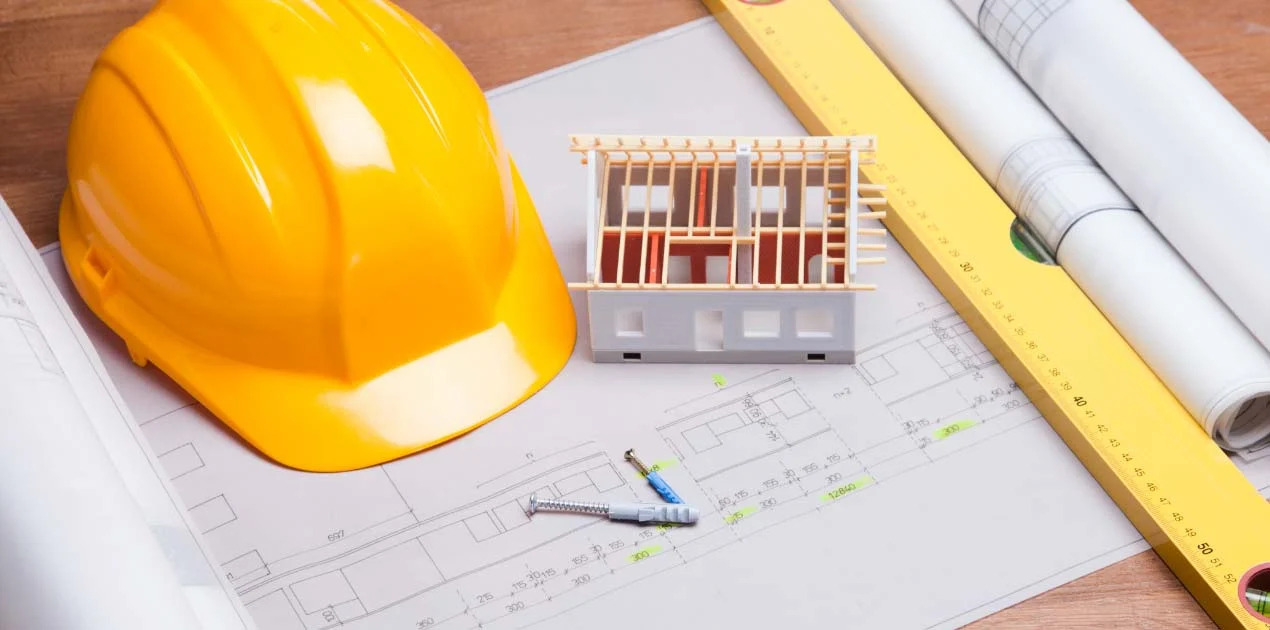Please use the menu below to navigate to any article section:
Investing in property is inherently a risky game.
No matter whether you’re a veteran investor or a rookie, certain risks remain – but they shouldn’t stand in your way of making a lot of money through investing in real estate!
To be a successful investor you should have a basic understanding of risk, because it will enable you to get a better return.
As many investors say, “The higher the perceived risk, the greater the potential return.”
The secret to success is to understand and mitigate those risks, before they pose any real or serious threats.
If you’re a would-be investor and you’re unfamiliar with the risks you might be dealing with, let me enlighten you with my list of 8 things all property investors need to face up to.
1. Tax benefits can (and do) change
If you’re planning to invest in property, you should focus on the returns you’re hoping to generate by having strong capital growth as well as good rental returns.


Stay in the know. Subscribe to our property commentary newsletter.
Undoubtedly, the tax benefits are great – however, if changes are made by the ATO, it can result in some surprise out-of-pocket expenses.
You should never buy a property because of the tax benefits – that’s just cream on top of the regular returns.
For this reason, its essential that you make sure you can afford your property investment, even if all investment-related deductions are wiped off the table.
2. Investing takes time
In comparison to other styles of investing, like shares, property takes a fair amount of time and money to both get into and out of.
When you first want to get into property investing, it requires a lot of time spent researching and conducting your due diligence to choose the best location and property for your individual needs.
Then, it takes bucket loads of money to buy that property, and even more to cover stamp duty, legal fees and valuation.
After that, you’ve got council rates, insurance, land tax, property management fees, repairs and maintenance costs to think about.
Property investing is for the dedicated, and while all the required time and money might sound risky and off-putting, remember that by setting up your investment property correctly, you increase the chance of getting a highly successful return.
3. Rising interest rates can strike at any time
Interest rates inevitably rise and fall, so every property investor should be prepared for when this occurs – because as the interest rates rise, so will your repayments.
To protect your portfolio from feeling too big an impact by increasing interest rates, first ensure you haven’t taken on a portfolio that is too big for your lifestyle and income.
Overextending yourself can make it harder to hold onto when rates go up.
You could always consider fixing your interest rate for a set period, meaning you’ll be unaffected by rising interest rates – at least for a while.
4. Inflation is a factor
Inflation is simply an increase in the prices of goods and services and a decrease in the value of a dollar.
When this occurs, the value of any assets or income you have also decreases over time.
Economists are at odds as to what causes inflation, but it’s thought to occur when there is too much money in the system, escalating the cost of living while the minimum wage levels stay the same, or rise only slightly.
Inflation impacts every dollar, whether it’s invested or not, so there’s unfortunately no way of completely avoiding this risk.
So you need an investment that gives you wealth-producing (above inflation) rates of return.
And that’s what well located residential real estate does.
5. Properties can slide in value
Property values don’t always increase.
In every cycle there are times when property values remain static for a while and other times when they fall.
So to minimise your risks, only buy in areas where there are multiple growth drivers – things like economic growth, jobs growth, wages growth, increasing populations, etc.
6. Rental homes may sit vacant
People are as unpredictable as the property market, and while you might think you’ve got a great, desirable property, you still might struggle to find a tenant.
If you enlist the help of reputable property managers, they can make sure your rental home is marketed to the best of its features, and targeted towards the best demographics, while being prices with the most realistic asking rent.
Have a look at similar properties in the same area to get a feel for what the market is expecting in terms of rent, and be realistic.
If your rent is too high, you will likely struggle to find tenants.
7. Natural disasters are a real and present risk
This is often a risk that is rarely thought of, though it’s an important one to consider for any homeowner (investor or otherwise).
When natural disasters occur, whether they’re bushfires, heavy floods, earthquakes or cyclones, the health and safety of people is the first priority.
But they can also create catastrophic effects on the economy and the property market in various ways.
Obvious effects are the badly damaged properties and infrastructure that require large amounts of money to rebuild, but natural disasters can create a loss of confidence in the location for potential buyers too, stunting the market for a short while.
While there’s not much that can be done aside from waiting for buyers to regain their confidence, there are options for home insurance to ensure your investments are covered to reduce the risk of your portfolio taking a hit.
8. Outside factors impact our investing
Sometimes, we just can’t see bad luck coming.
So what do you do if that bad luck comes in the form of, say, a job loss or illness – and how would this impact your investment?
You should always have a financial buffer set aside for a rainy day.
It also makes sense to take out income protection insurance as another buffer to help you out.
Another positive step towards countering property risks – is to simply check in with yourself.
What is your strategy – has it changed? Is it appropriate for the current market?
What are your goals?
Have they changed?
Are there any major lifestyle changes such as renovations, moving house, babies, private school, career changes, or any other big decisions that could impact your finances and your investments?
Planning ahead and checking in regularly with your goals is by far one of the most effective ways to minimise your risks, and set yourself up for a profitable investing journey.














